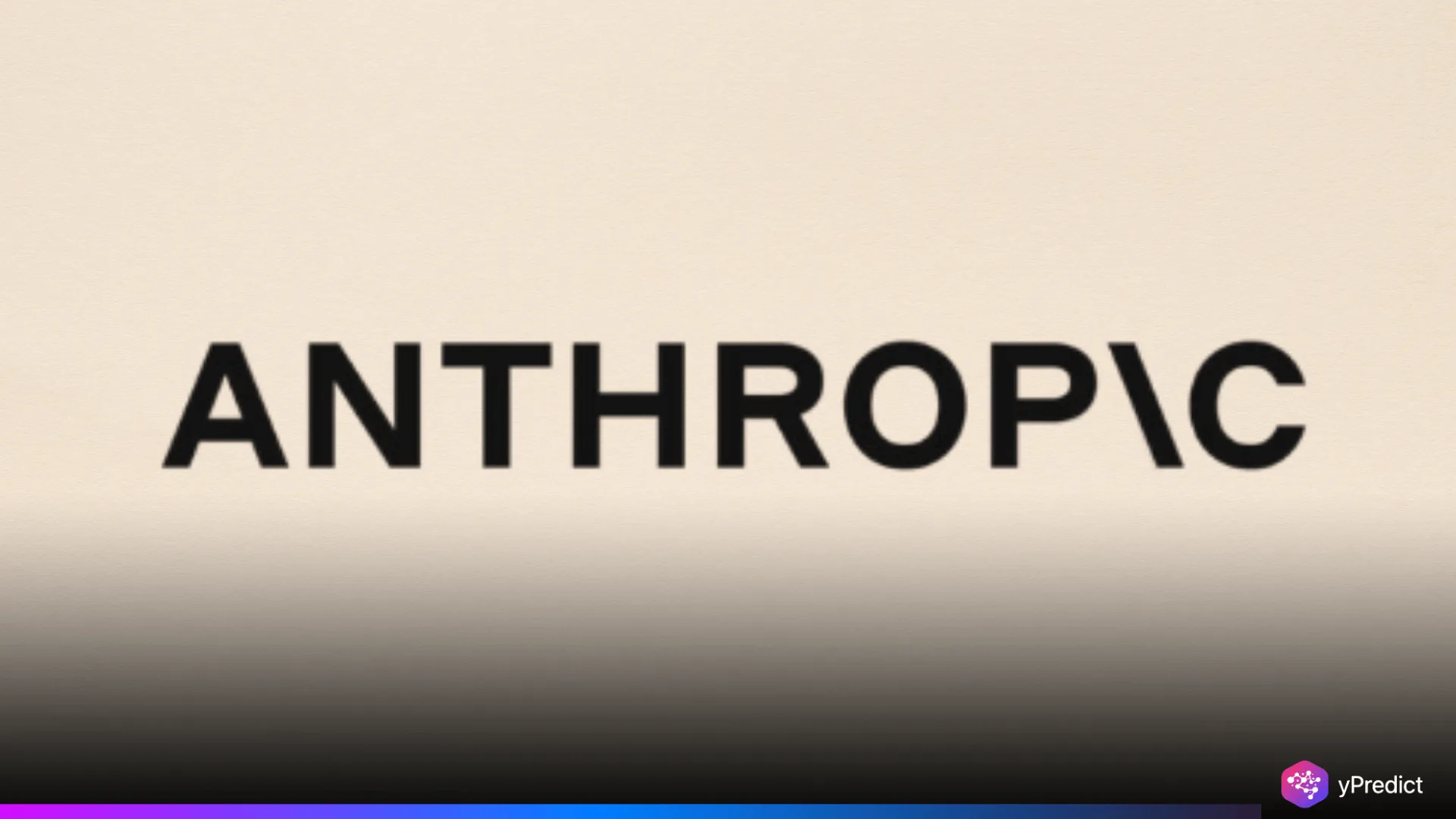
In a landmark ruling, a U.S. judge sided with Anthropic AI on the issue of fair use. Judge William Alsup said using copyrighted books to train its Claude model qualifies as legal under U.S. law. For tech firms involved in comparable legal disputes, the ruling provides some respite. However, Alsup discovered that Anthropic’s central digital library contained over 7 million pirated books, in violation of copyright laws.
Court Calls Anthropic AI Training Transformative Win
A key question for the AI industry was whether AI training on copyrighted content was legal. Additionally, a San Francisco federal court decided in Anthropic’s favor. Judge Alsup concluded that Anthropic’s use of books by writers such as Kirk Wallace Johnson and Andrea Bartz was incredibly transformative. He compared it to how a writer researches other works to find their voice.
The decision is the first time the idea of fair use in anthropogenic AI training has been discussed by U.S. courts. Additionally, Alsup made it clear that the company had no intention of replicating or copying already published books. However, they can be used as a foundation for developing new, unique responses. This sets a significant precedent for other tech companies facing similar copyright lawsuits.
Judge Questions Legality of Source Material Handling
Even with the partial victory, the court criticized Anthropic’s training material sourcing strategy. In particular, the business downloaded more than 7 million books from illegal online retailers and kept them in a single digital repository. Additionally, Alsup decided that fair use did not protect this practice.
Anthropic had maintained that the transformative nature of the usage rendered the data’s origin irrelevant. However, the judge strongly disagreed, arguing that the fair use defense is undermined when books are obtained illegally. He noted that storing entire copyrighted works could not be justified unless it was strictly necessary for AI training.
Tech companies are on high alert because of this aspect of the ruling. According to Alsup, the way businesses collect the training data is still important even though transformative use is permitted. Even if Anthropic AI’s intent was legal, the method of obtaining data from illegal sources must be considered.
AI Firms Face Growing Legal Scrutiny Over Training
The AI industry is experiencing a broader legal wave, of which this case is a part. Companies like Microsoft, OpenAI, and Meta are being sued by authors, publishers, and other creators. Those who claim to be unfairly using copyrighted works. According to these lawsuits, extensive copying during AI training compromises the rights and earnings of original creators.
The judge’s ruling does not settle every dispute in the copyright case. Anthropic will face the next phase of the case in December. During the trial, it will be held liable for damages. The charges relate to unlawfully storing pirated works. Moreover, if the infringement is found to be deliberate, U.S. law permits statutory damages of up to $150,000 per work.
According to the company, analyzing books is essential for developing advanced AI systems. These systems are made to help people in a variety of industries. Consequently, the AI might lack the depth required to generate meaningful responses in the absence of this analysis.
Looking Ahead for AI and Copyright
Legal experts believe that this ruling clarifies how tech companies can approach AI training with copyrighted material. Fair use can protect creative businesses while still holding them accountable for unethical data practices if it is applied correctly. As the December trial approaches, the broader implications for the AI industry are unclear. Currently, Anthropic AI serves as an example of how to strike a balance between technological advancement and legal constraints.







